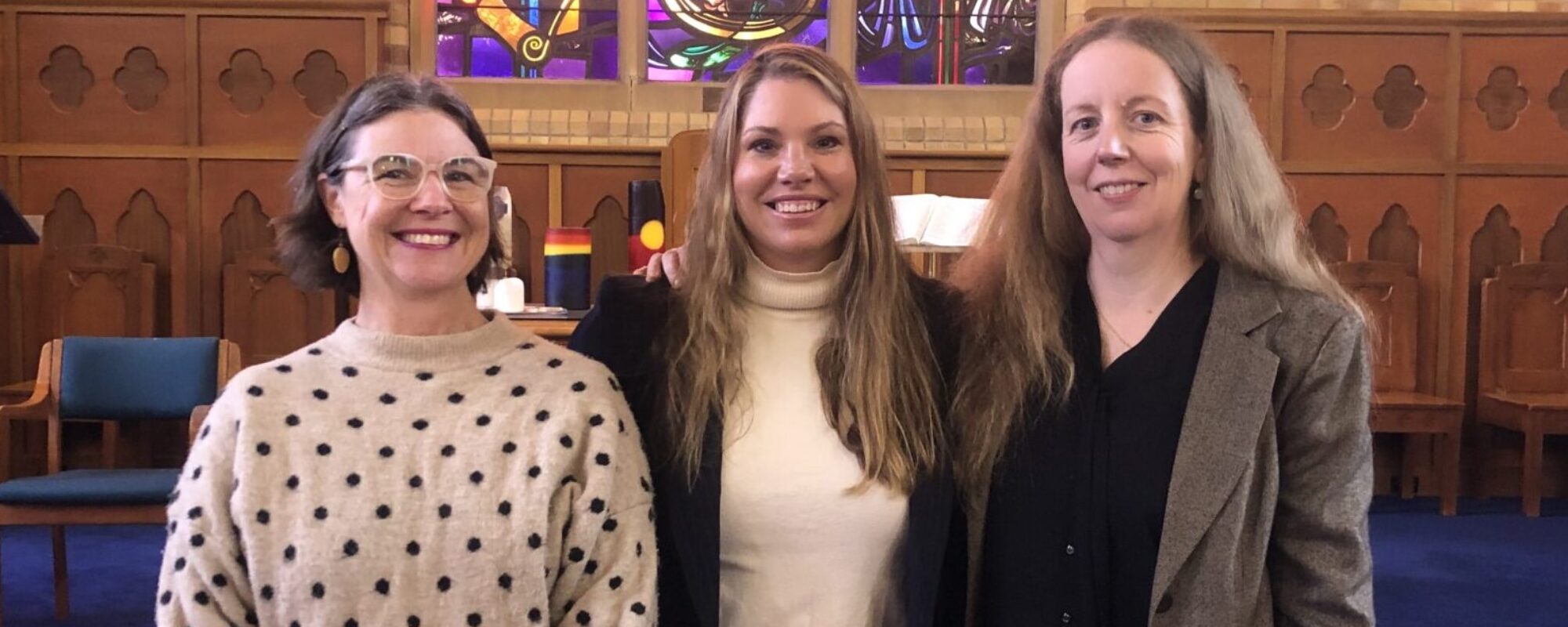From the Chaplains
They say it takes a village to raise a child, but does it take a mother to lead a nation?
The Book of Judges tells us it does.
In Chapters 4 and 5 we are told that Deborah, who was a ‘prophet’ and ‘wife’, arose as ‘mother in Israel’ to lead her people. From her seat of power, under the shade of a palm tree between two cities, she decided on disputes and, at the request of her commanders, rode with her army into a great battle, that ultimately delivered the people from oppression and despair.

The question that I have been pondering, as many people celebrated Mother’s Day last weekend, is what is it about being a ‘mother’ that made Deborah a great leader? What is it about Deborah that made her a leader so significant that she was the only female counted amongst the eleven other male judges and one male anti-judge? This was an impressive feat for a female of this time.
Some of these answers can be found in the text.
Firstly, as I have already mentioned Deborah rules from a very different place than would have been usual at the time. Her chosen place was under the shade of a palm tree, between two cities. Rather than choosing one place over the other as the seat of power, she finds a middle ground.
Accordingly, no one place is seen as more important. All people must move away from their place of most comfort, in turn reducing the sense of personal power over another that ‘home’ can give. In the case of a dispute, Deborah’s unique location, also means the people are forced to move away from the central place of their tension to have their grievances heard. A new place, as we know, often creates a sense of space and distance from the heat of the moment which in turn helps new perspectives to be more easily heard.

When it came to the big battles of her people, Deborah also had a unique approach. Rather than simply commanding her people to go into battle, and remaining under her tree, she went with them. Standing alongside them, defending them and working with them to find the solution in the midst of the battle. But only when they asked. She supported them when they needed and trusted them when they felt they had the confidence to go it alone.

And this brings me to the final thing that I notice about Deborah. She lives fully into the life of her community. In all that she does to ‘lead’ and ‘judge’ the people, nothing is done alone or in isolation. She seeks perspectives, listens and actively gathers ideas and inspiration from her those around her. She uses all these things to lead.
Oh, and one more thing. Deborah sings with her people.
She joins together with them in song to celebrate the stories of their shared success.
Deborah, as ‘mother’ to all of Israel leads the people by finding middle ground, supporting her people in the way that they need in the moment, by fully living into the life of her community, and finally, by joining with them together in song to celebrate their stories of their shared success. All of this quite different than the other examples of leadership we see in the Book of Judges.

Which returns me to my first question. Does it take a mother to lead a nation?
The simple answer here is, of course, no. History tells us this. There have been many, many great leaders who have not been mothers by choice, or by circumstance.
But what we learn from Deborah is that there are many gifts and skills that we can draw from the universal traits associated with ‘mothering’ that should not be discounted or held as less worthy in our leaders. Like the many varied and complex skills of leadership these traits should be celebrated, taught and encouraged. And perhaps, most importantly, for those of us who are the ‘village’ that is raising the next generation of leaders, it is these traits that should be more visibly encouraged to show our children exactly how important they are.
Reverend Danielle Hemsworth-Smith
College Chaplain

